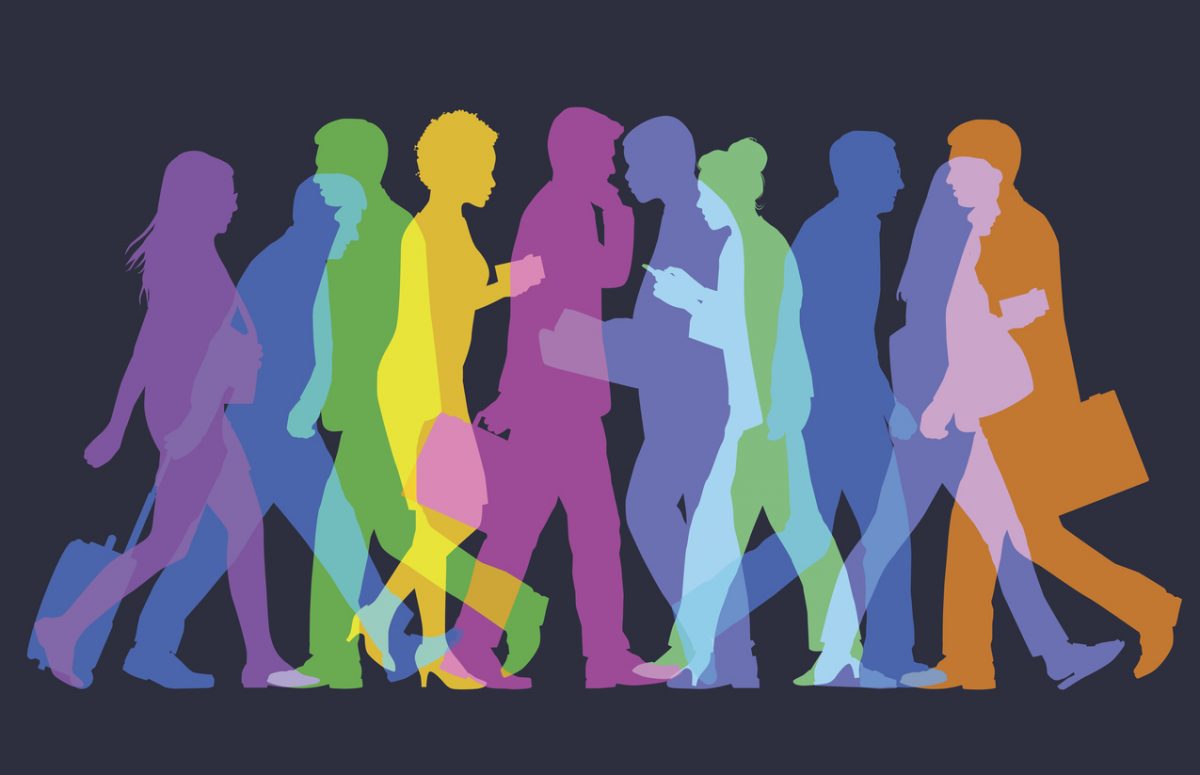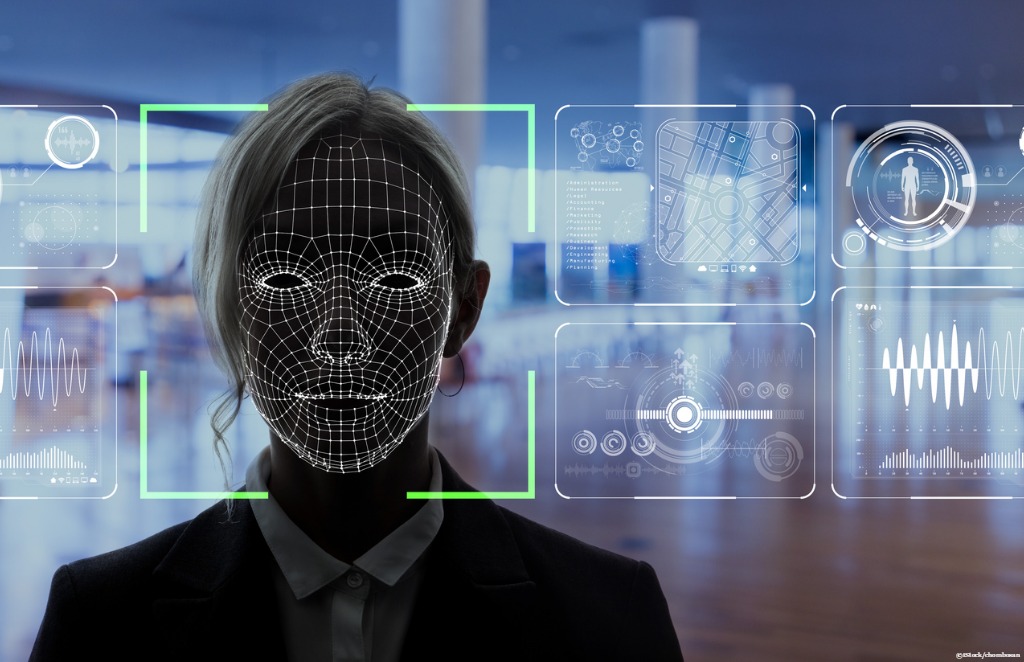Amazon is next to face employee protest over government contracts
Mere days after Google and Microsoft staff protested their employers’ controversial government contracts, Amazon is facing its own internal revolt. Amazon employees are not all too pleased with their company’s sale of facial recognition software and other services to US government bodies. Much like Google and Microsoft’s employees, who demanded their respective companies never undertake work that may cause social or physical harm, a similar letter was posted on Amazon’s internal...










